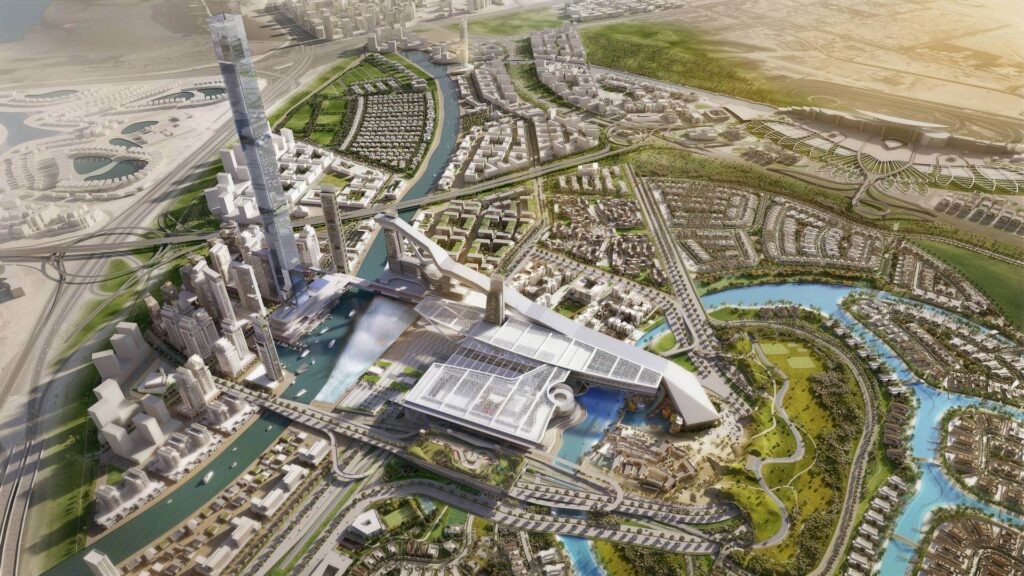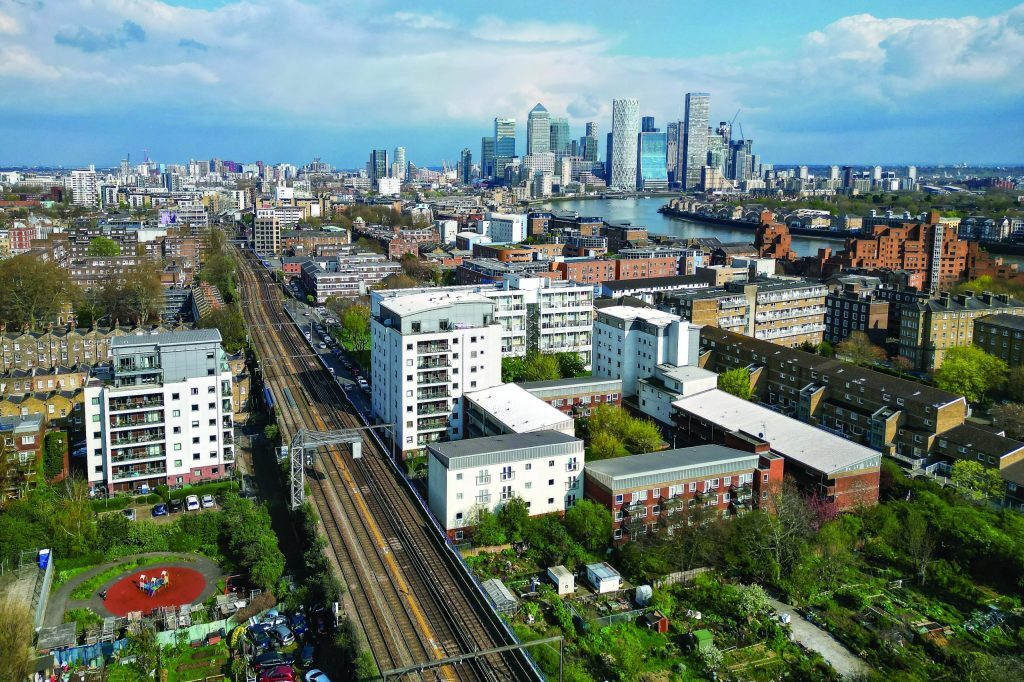Industrial real estate in London is facing stiff competition from data centres for space in the capital, according to reports. The increasing demand for data centres, driven by the rise in digitalization and cloud computing, is putting pressure on industrial properties in the city. Data centres require large spaces with specific infrastructure in place to support their operations, which limits the availability of suitable locations for industrial use.
This trend is particularly evident in east London, where there is a concentration of data centres in areas like Docklands and Stratford. These locations offer easy access to major telecommunication networks and power supply, making them ideal for data centre development. However, this has also led to a shortage of industrial space in these areas, as data centre operators compete for the same properties.
The demand for data centre space is expected to continue growing as more businesses rely on digital technologies to drive their operations. This poses a challenge for industrial developers and occupiers in London, who may struggle to find suitable spaces for their businesses. As a result, industrial real estate prices in the city could rise as competition for available spaces heats up.
Despite the challenges posed by data centres, industrial real estate in London remains a key asset class for investors. The city's strategic location, excellent transport links, and strong economy make it an attractive market for industrial investments. With the right approach, industrial developers and occupiers can still find opportunities to thrive in the capital's competitive real estate market.
One potential solution to the space crunch in London is repurposing existing industrial buildings for data centre use. This could help meet the growing demand for data centre space while also revitalizing older industrial properties. However, this approach may require significant investment to upgrade the infrastructure and facilities to meet data centre standards.
The competition between industrial properties and data centres for space in London underscores the changing nature of the city's real estate market. As digital technologies continue to transform the way businesses operate, the demand for specialized real estate like data centres is only expected to increase. Industrial developers and occupiers will need to adapt to these changes to stay competitive in London's evolving real estate landscape.
In conclusion, the increasing demand for data centres in London is posing a challenge for industrial real estate in the city. With data centre operators competing for space in key locations, industrial developers and occupiers may struggle to find suitable properties for their businesses. However, with the right approach and strategic investments, there are still opportunities for industrial real estate to thrive in London's competitive market. As the city continues to evolve, industrial developers and occupiers will need to adapt to new trends and technologies to stay ahead in the changing real estate landscape.






